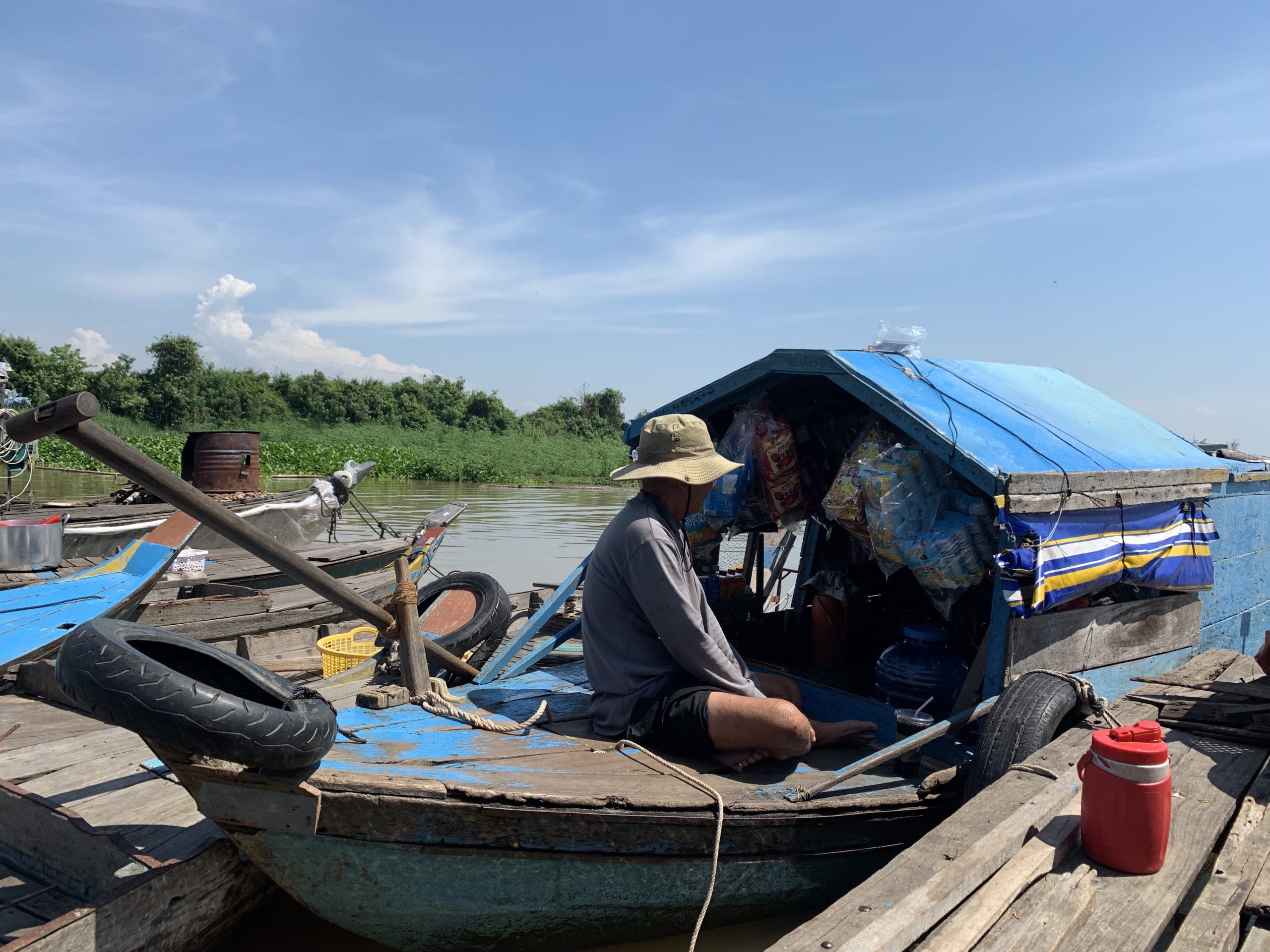1. Citizenship Law
a. Jus Sanguinis Provisions
The citizenship laws of Solomon Islands operate through a jus sanguinis structure providing that children born within or outside of the territory to a citizen of Solomon Islands gains citizenship. In 2018, Solomon Islands amended their citizenship laws to remove some gender discriminatory provisions which previously limited the ability of women to confer nationality onto their foreign spouses. However, gender discriminatory provisions remain in relation to the naturalization of foreign women married to citizens and women’s ability to confer citizenship to a jointly adopted child. In order to gain citizenship by naturalization, foreign women married to a citizen of Solomon Islands must renounce their foreign citizenship and can only apply for naturalization after two years of marriage and only with the consent of their husband. For women who have jointly adopted a child, the application for citizenship of the child can only be made by the father, denying the mother equal right to confer nationality.
There are no provisions in national legislation on citizenship stipulating citizenship acquisition for foundlings and children born within the territory to stateless and/or foreign parents .Further, none of the national legislation includes a definition or any explicit mention of stateless persons.
In implementation, a 2022 human rights report for Solomon Islands suggests that children born to citizen parents outside of the territory may face barriers to gaining citizenship compared to children born within the territory. In 2022, Peter Kenilorea, Member of Parliament, sought judicial review on the negative decision made by the immigration department which denied his US-born children Solomon Islands citizenship. While the Attorney General Chambers issued an appeal on his judicial review, the Chambers later stated that it was wrong in appealing the review of the negative decision and the High Court made a decision to grant Kenilorea’s children Solomon Islands passports. Kenilorea stated that “he knew of many families facing similar situations, affected by poor legal advice given to the Immigration Division”.
b. Naturalized Citizenship
There is a process available to apply for citizenship in Solomon Islands. In order to apply, one must pay the application fee as well as meet the eligibility requirements. There is no simplified or expedited process for stateless persons or refugees, but there is a simplified process for descendants of Solomon Islands birth citizens. To be eligible, applicants must be 18 years of age, obtain a residence permit for 10 years before date of application, be conversational in English, Pidgin or a vernacular of Solomon Islands, and respectful of the culture of Solomon Islands. A birth certificate, passport, or driver’s license and proof of sustainable income, property, investments or economic benefit to Solomon Islands are also required in the application for citizenship, which may bar stateless persons from being able to apply.
c. Dual Citizenship
While dual citizenship was previously not allowed in Solomon Islands, a 2018 amendment to the Constitution repealed this provision to allow for dual citizenship.
2. Treaty Ratification Status
Solomon Islands has ratified the ICESCR, ICERD,CRC, CEDAW, and the 1951 Refugee Convention and its 1967 Protocol with no relevant reservations. However, the country has yet to ratify the 1954 Convention relating to the Status of Stateless Persons, the 1961 Convention on the Reduction of Statelessness, and the ICCPR.
The CRC Committee in its 2018 concluding observations expressed grave concerns regarding the delays caused by the absence of a decentralized birth registration system as well as accuracy of registration details for children born to unwed parents or adolescent mothers. By ratifying the CRC, Solomon Islands is obligated to ensure that every birth is registered immediately and ensure that no child is left stateless. Solomon Islands should build upon its national legislation on citizenship to provide protections for children within its territory who would otherwise be stateless. As a party to the 1951 Refugee Convention and its 1967 Protocol, Solomon Islands is bound to facilitate assimilation and naturalization of refugees; however, amendments should be made to its national legislation regarding naturalization to ensure a simplified process for stateless persons and refugees.
In Solomon Islands’ 39th UPR session, it was recommended that the country repeal gender discriminatory provisions in its nationality law as well as ratifying the 1954 and 1961 Statelessness Conventions. In the same UPR session, Germany and Iceland both urged Solomon Islands to protect gender equality with respect to the right to nationality. As a party to CEDAW, Solomon Islands is obligated to ensure gender equality in its nationality legislation.
| Country | Stateless 1 | Stateless 2 | Refugee | ICCPR | ICESCR | ICERD | CRC | CEDAW |
|---|---|---|---|---|---|---|---|---|
| Solomon Islands |



